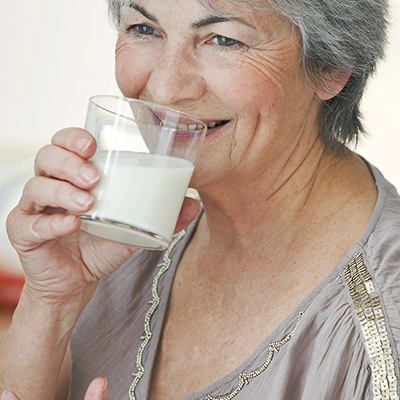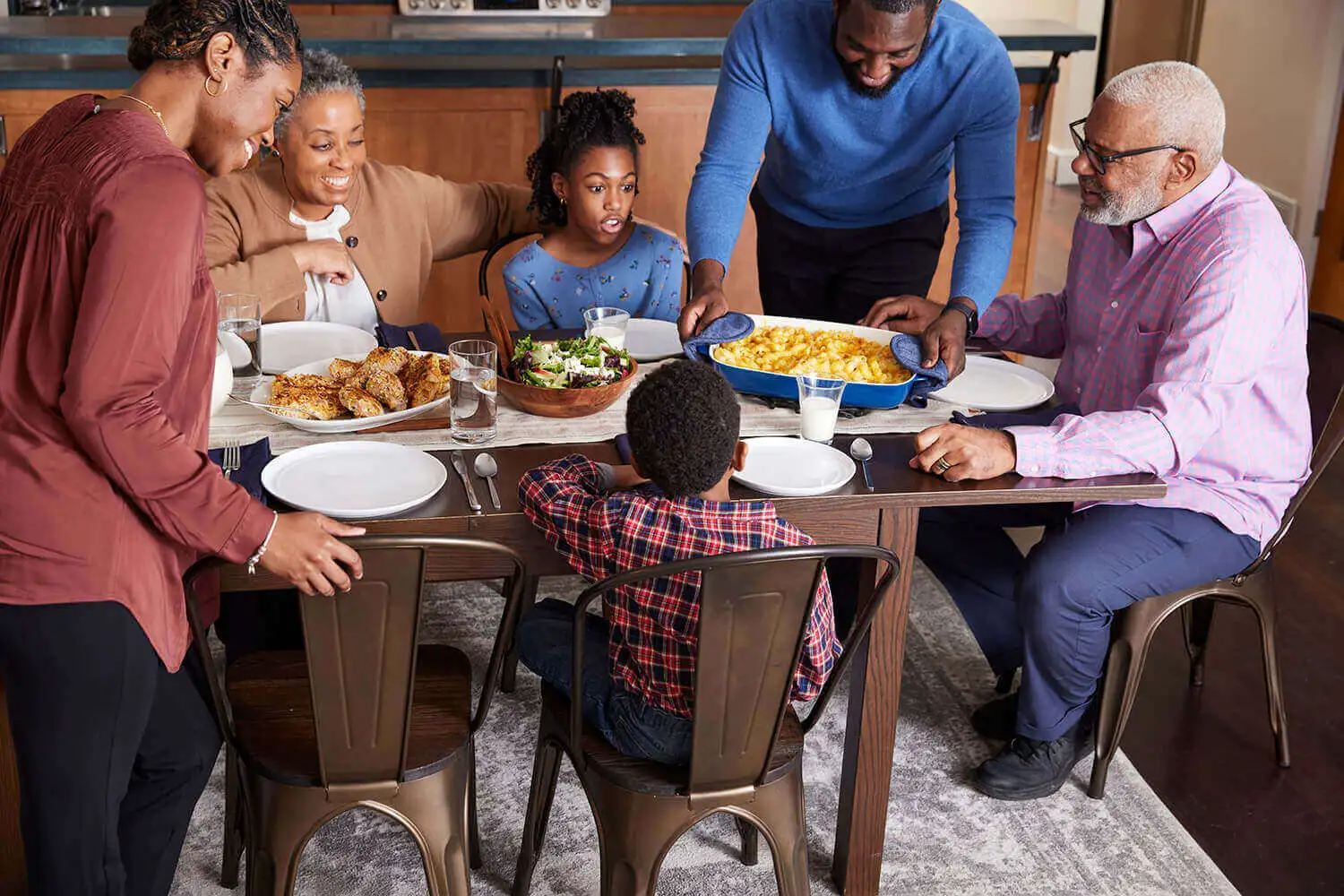Using Ben Franklin’s Wisdom for Bone Health Education
Ben Franklin, whose 309th birthday was recently celebrated in Philadelphia, was a self-made man. With little formal education he became a printer, writer, scientist, inventor, politician, and drafter of the Constitution of the United States. Who doesn’t know the saying, “Early to bed and early to rise…?” Unlikely as it may seem, Ben Franklin’s wit and wisdom can even be applied today to guide how we, as health and wellness professionals, conduct bone health education.
Here’s how:
“One today is worth two tomorrows.”
That is certainly true when it comes to bone health. According to the National Osteoporosis Foundation, “Whatever your age, the habits you adopt now can affect your bone health for the rest of your life. Now is the time to take action.” So if a client is already participating in weight-bearing exercise, encourage them to start eating enough calcium- and vitamin D-rich foods.
“Tell me and I forget. Teach me and I remember. Involve me and I learn.”
When you talk to someone about their bone health and risk factors for osteoporosis, the topic may seem irrelevant to them. That’s partly because bones are invisible, and osteoporosis is symptom-free until a bone breaks.
To help people remember information you provide them, try using:
- Images: Show people what an osteoporotic bone looks like, compared to normal bone — and encourage mid-life clients and beyond to ask their doctor for a bone density scan to find out their bone status.
- Infographics: Key facts and important bone health strategies can be taught easily using infographics that use pictures and few words to educate, like this infographic from the Osteoporosis Institute.
- Recipes/Meal Ideas: One of the easiest ways for people to get the recommended amount of calcium and other bone-building nutrients is to drink a glass of milk with meals. There are also creative ways to use milk, yogurt and cheese in delicious meals and snacks. Check out our recipes for some ideas.
“An investment in knowledge pays the best interest.”
Keeping up with the latest science about bone health will help you as a health and wellness professional give the most effective advice to your clients. And those who are educated about their health are best equipped to maintain it.
Click here for a recent review written by bone health experts from Australia on lifestyle and osteoporosis. In addition, this science summary discusses evidence that Dairy Food Consumption is Associated with Bone Health in Adults. And when it comes to children and adolescents and measures to set them up for a lifetime of bone health, see the recent recommendations from the American Academy of Pediatrics.
Here are a few educational resources to share with clients:
- National Osteoporosis Foundation
- WebMD Osteoporosis Health Center
- Healthy Bones at Every Age, article from the American Academy of Orthopaedic Surgeons
Hopefully, this provides you with a framework for guiding your educational efforts. Please share what strategies work best for you as you educate people about how to maintain healthy bones.















